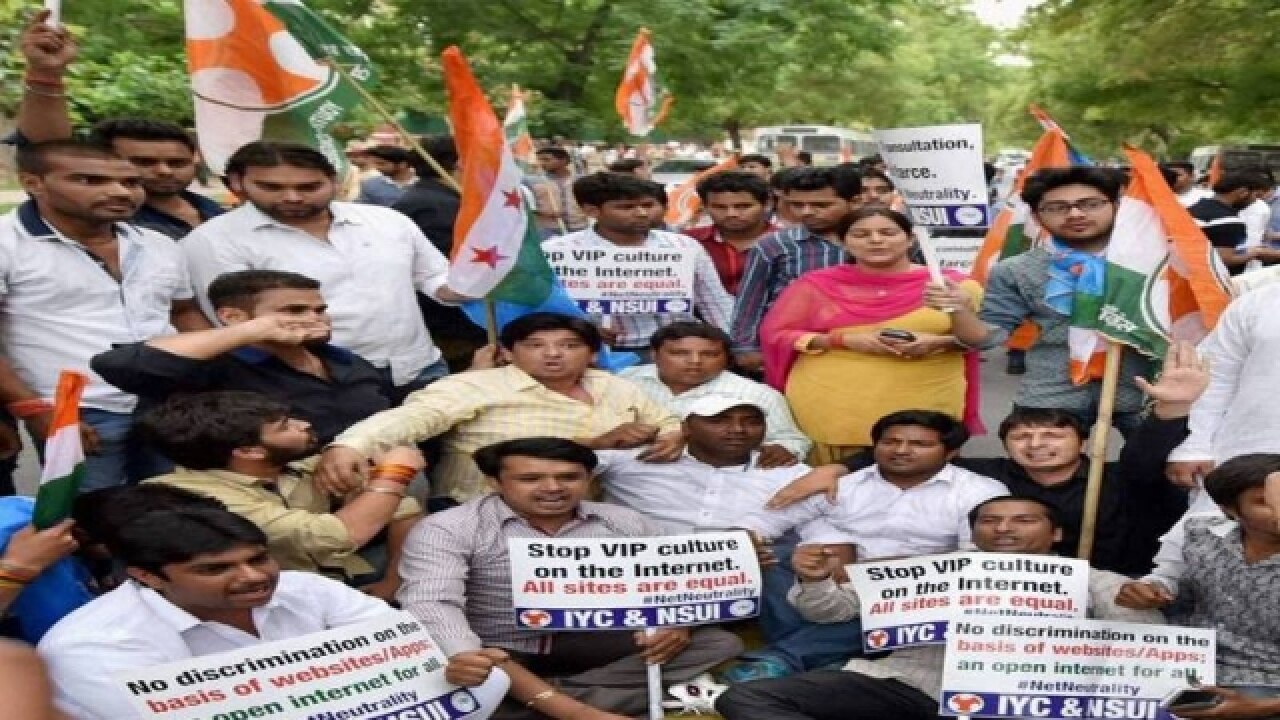
The Telecom Regulatory Authority of India’s order prohibiting telecom service providers (TSPs) from offering differential tariffs for data services on the basis of content has sealed the debate over net neutrality in India, at least for the time being. TRAI has termed such differentiation of data on the basis of content as “discriminatory” and clarified that the only form of tariff differentiation that will be allowed are those that are independent of content. So, unlike Facebook’s Free Basics, which offers users free access to a narrow set of content and services, and then touts this as Facebook’s support for improving internet penetration in India, the new TRAI order does not restrict TSPs from providing limited free data. This will enable a user to access the entire internet until the data is exhausted unlike the closed and narrow internet offered by Free Basics. TRAI has called the bluff on Facebook’s philanthropic gesture by noting that allowing service providers to define the nature of access to the internet “would be equivalent of letting TSPs shape the users’ internet experience”.
The regulator noted that this was “risky in the medium to long term as the knowledge and outlook of those users would be shaped only by the information made available through those select offerings”. Though Facebook argued that those who get a taste of the internet through Free Basics were more likely to access the full internet, TRAI wonders how the “same users will be in a position to migrate to the open internet if they do not have the resources to do so in the first place”. TRAI also noted that the design and architecture of the internet has created an amalgamation of networks through which data packets travel, and that no TSP offering data services can claim ownership over all these networks. Further, the regulator has taken cognisance of the issue from the standpoint of innovation and restrictive trade practices. Hitherto, TSPs and their favourite content providers cannot function as gatekeepers or subsidise specific content, which creates significant entry barriers for new and small firms. TRAI has also wisely rejected the TSP’s demand for a case-by-case review of differential pricing disputes instead of resorting to upfront prohibition. The regulator said this would lead to inconsistent orders, greater regulatory costs and uncertainty for businesses.
The fight to keep the internet open and non-discriminatory involved lobbying and highly visible campaigns on both sides of the divide. The success of internet activists and users against powerful companies like Facebook and Airtel is a tribute to those who nurtured the Internet and its largest information space, the World Wide Web, as an equitable and transparent medium. The contrast with traditional public spaces — where large business concerns have been more successful in browbeating individual or community interests — will be lost on no one. It is important to note that the TRAI’s order is open to review after two years. It is unlikely that the net neutrality debate has been settled for good. With TSPs complaining of declining voice call revenue, there is a possibility that Over-the-Top (OTT) Voiceover Internet Protocol (VoIP) calling services like Skype and WhatsApp could still come under the scanner. Last July, a governmental committee observed a pricing and regulatory arbitrage that put TSPs at a disadvantage vis-a-vis VoIP calling. According to the TRAI order, TSPs cannot distinguish between data services so long as users are paying for the units of data they consumed. It is possible then that the TRAI could levy licence fees on OTT VoIP services, which will reduce the attractiveness of VoIP calling. While this would not fall foul of net neutrality, the need for such licensing will have to be justified. India’s netizens have proven their capacity to shape a crucial policy decision that affected their lives. The government can no longer ignore them.